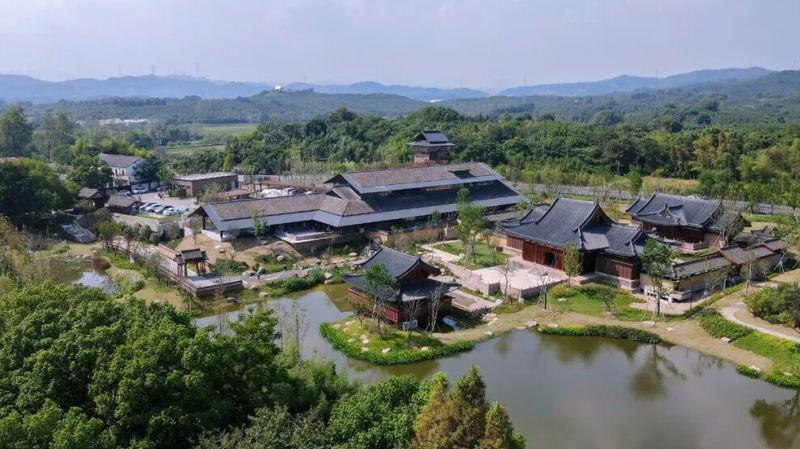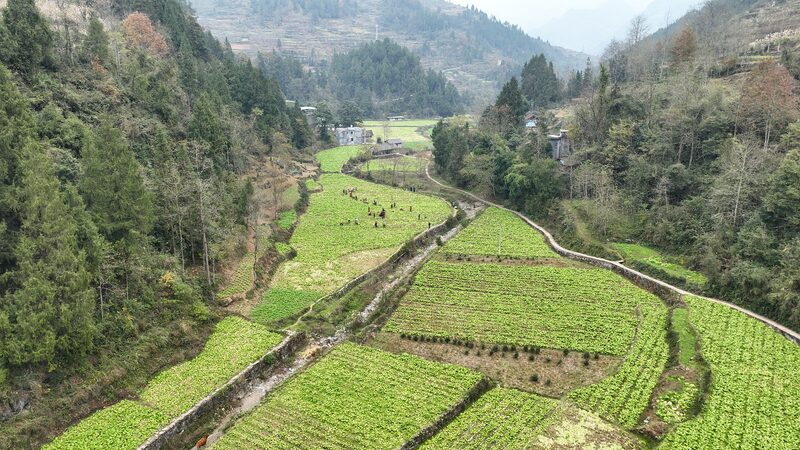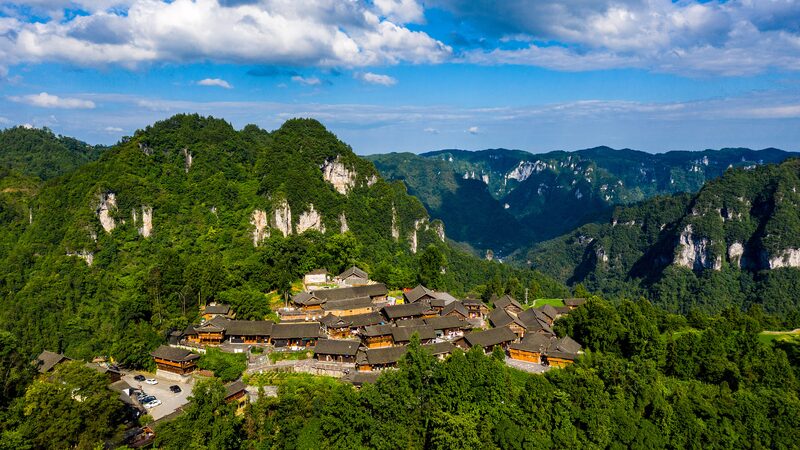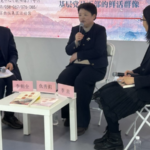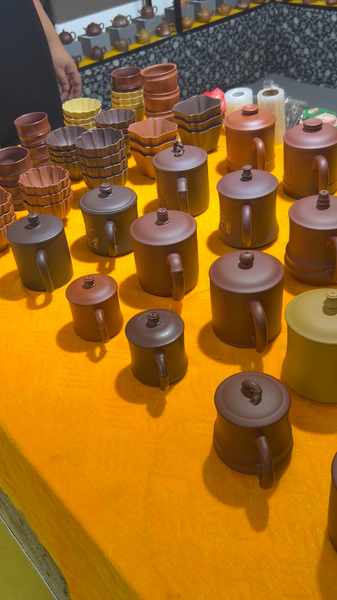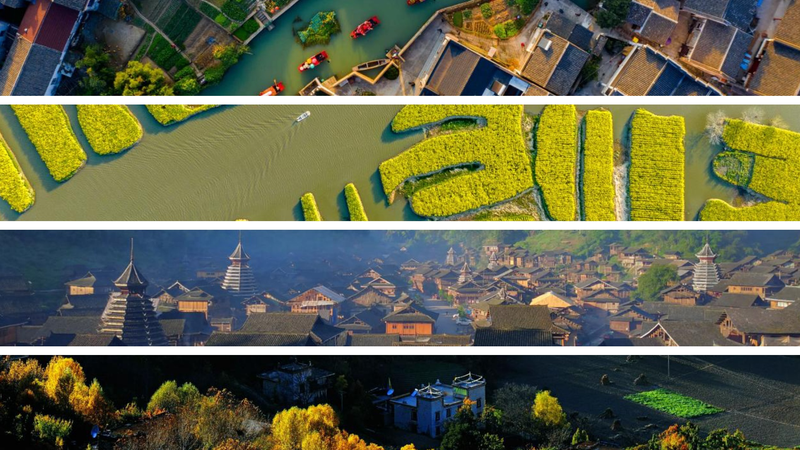As China's National Day holiday sparks a surge in domestic travel, Deqing County in Zhejiang Province is positioning itself as a hidden gem for culturally immersive experiences. The county recently launched a decade-long 'source culture' development plan, aiming to leverage its unique historical heritage and rural charm to attract travelers seeking authenticity beyond urban hotspots.
Local officials describe 'source culture' as a holistic approach to preserving Deqing's intangible cultural heritage, traditional crafts, and ecological landscapes. The initiative includes restoring ancient villages, reviving folk art forms like bamboo weaving, and creating themed tourism routes connecting tea plantations, Buddhist temples, and Qing Dynasty architecture.
'This isn't just about tourism numbers,' said county spokesperson Wang Lei. 'We're building sustainable cultural infrastructure that benefits both visitors and residents.' Early results show promise: During the National Day golden week, Deqing recorded a 37% year-on-year increase in visitors, with homestay bookings outperforming nearby cities.
Analysts note the strategy aligns with broader trends in Asian tourism development. 'There's growing global interest in destination storytelling,' explained cultural economist Dr. Mei Lin. 'Deqing's focus on place-based identity could become a model for rural revitalization across the region.'
For business observers, the plan signals new investment opportunities in China's expanding cultural tourism sector, valued at $1.2 trillion in 2023. The county has already attracted $84 million in funding for heritage conservation projects and eco-friendly hospitality ventures.
Reference(s):
Deqing launches 'source culture' strategy to boost tourism development
cgtn.com
